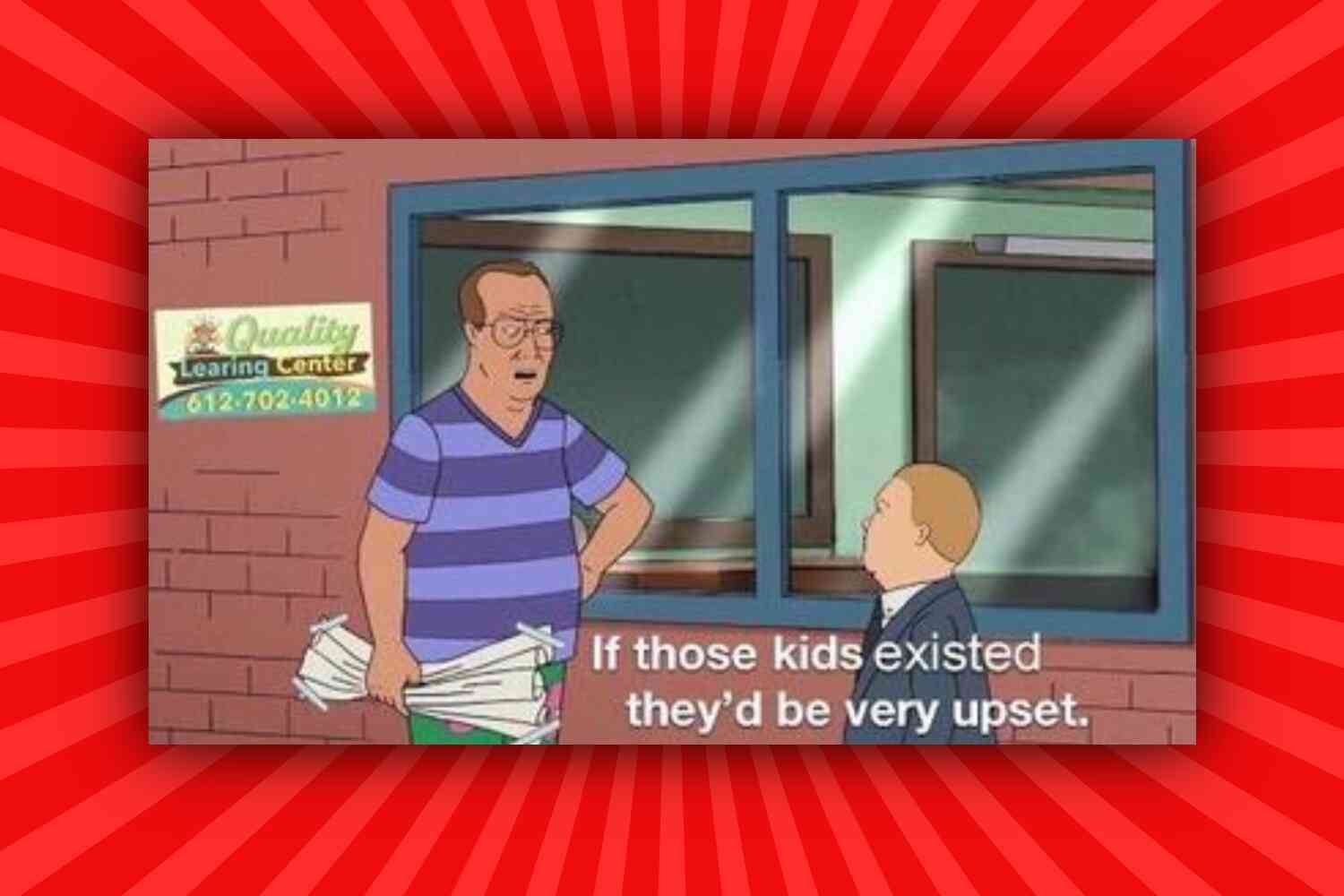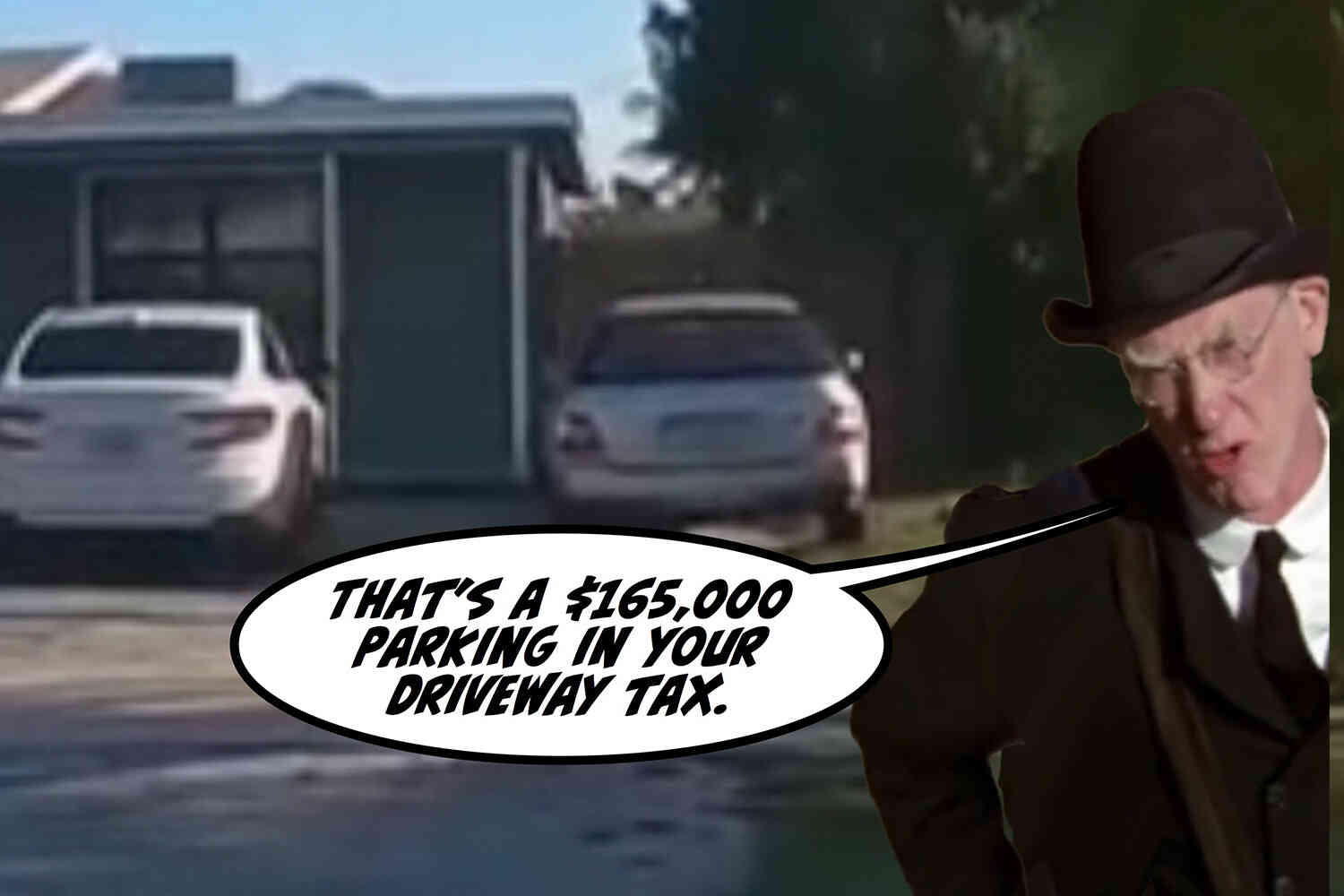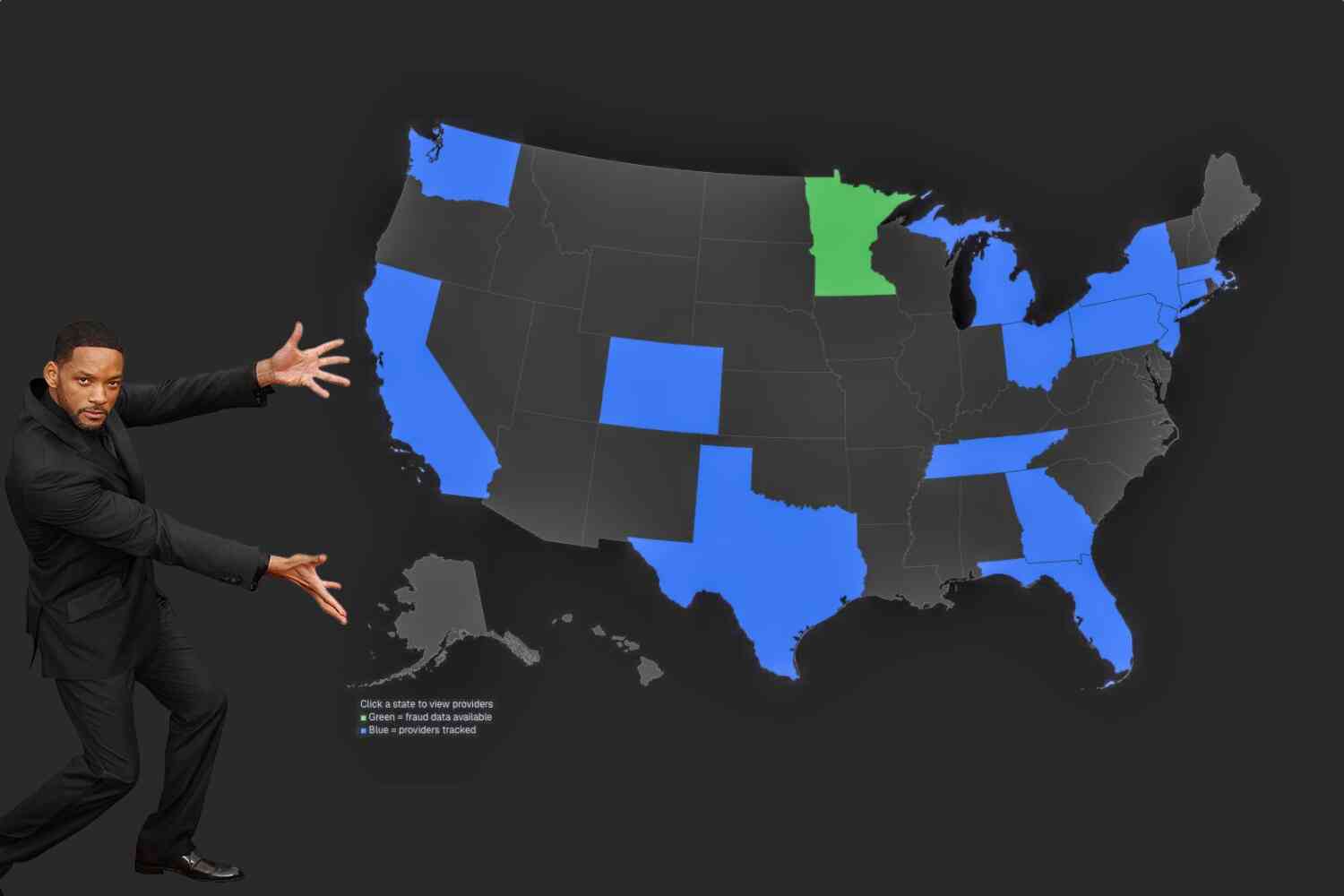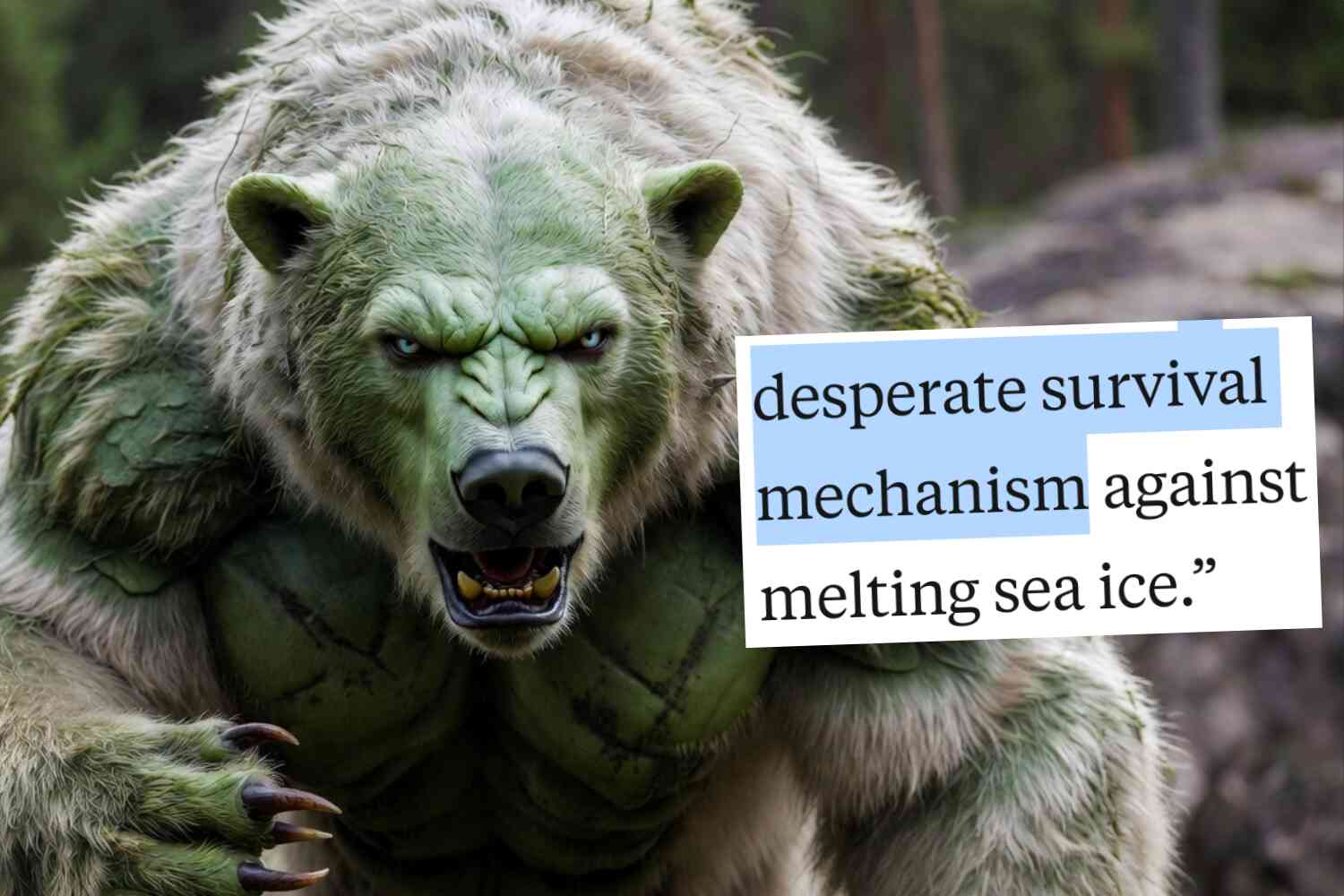They say "it's not funny anymore," but I wonder if the E.U. ever thought it was funny in the first place.
The Radicalisation Awareness Network (RAN) recently published an 18-page report through the European Union (EU) titled: "It's Not Funny Anymore. Far-Right Extremists' Use of Humour."
The purpose of the report is to "[scrutinize] how humour functions as a potential factor in terms of influencing far-right extremist violence."
"As extremists disseminate their ideology as transgressive pranks, they offer new incentives to act on behalf of nation and 'race', thereby communicating violence against minorities as an act of fun," the report reads.
"Yet, these jokes are not funny anymore. The violent fantasies that are woven into these witty narratives may function as serious accelerants of mass violence that need to be countered as such."
On the one hand, the report is completely one-sided because the only groups mentioned are those of the "Far-Right." But, on the other hand, this means the report implies what we all know to be the case: leftists don't have a sense of humor (or "humour," for that matter).
"Humour has become a central weapon of extremist movements to subvert open societies and to lower the threshold towards violence," the report reads.
"Especially within the context of a recent wave of far-right terrorist attacks, we witness 'playful' ways in communicating racist ideologies. As far-right extremists strategically merge with online cultures, their approach changes fundamentally."
All of this hinges on what is defined as "far-right," or "extremism," or "radicalism," because I've been told that saying "abortion is murder" is a far-right extremist or radical belief.
This is the closest the report gets to a precise definition of 'far-right extremism,' and it's still quite general.
"'Far-right extremism' is understood as an umbrella concept, which comprises both the radical and the extreme right," the report reads. "Far-right extremism encompasses a range of different ideologies, which may include elements of cultural, ethnic, and/or racial nationalism."
Apparently, there's a difference between "radical [right] and the extreme right." What is the difference, you ask? Unfortunately, the report doesn't say.
Memes are problematic.
That's right. We have official, academic reports issued to an entire continent to explain who Wojak, Doge, and Pepe the Frog are.
What a time to be alive.
"At a time in which memes have become a universal means of communication, far-right groups have recognised this popular potential for politicisation," the report reads.
"They put a lot of time and energy into meme production, spread their ideology — sometimes more, sometimes less openly — and act according to the motto: if the meme is good, the content cannot be bad. As inane as these pictures may seem, they are important as they offer a low threshold to interact with extremist ideas."
The report mentions certain mainstream platforms, such as Reddit, YouTube, and 4chan as places where "far-extremists ... disseminate [images and messages] to radicalise the normies."
"More coordinated campaigns such as s***posting, trolling, or hashtag campaigns are organised through encrypted messaging apps, such as Telegram and WhatsApp," the report reads.
All the report can ever say is that there are "potential risks towards radicalisation." But, unfortunately, there don't seem to be many (if any) real-life examples of how online humor led to someone committing "far-right extremist" acts of violence.
It's all about the POTENTIAL risk.
The closest the report gets to giving actual examples of its boogeyman is when it mentions "the conspiracy cult around QAnon and the anti-government militia in the United States known as the boogaloo movement."
However, even then, there aren't any examples in the report of how those communities were radicalized to commit violent or terrorist acts. I mean, if there really are examples of it, then why aren't they in the report?
"There are no clear-cut boundaries of what exactly should be countered, as many of the memes circulating on mainstream platforms appear harmless and often lie within the boundaries of the law and/or the platforms' rules," the report reads.
"Thus, we are often dealing not with obvious illegal content but rather 'potentially radicalising' content, which can be difficult to identify — and even harder to take down. The popular idea of attempting to counter extremist humour with a form of alternative humour has proven very difficult in this context."
The report starts playing footsie with "deplatforming," as to whether it's a legitimate option to stop "far-right extremism."
* * *
"Given that many of those within the far-right extremist spectrum claim that they are the victims of an 'elitist' conspiracy that aims to 'weaken' or 'erase' Western culture and/or white people, democratic intervention from the very people who they see as 'enemies' is met with resistance," the report reads.
"[D]eplatforming can also lead to reinforcing the narrative that free speech is limited to mainstream elites and potentially rally more support for the far right."
DARN THAT "NARRATIVE"!
The report concludes with its "Recommendations for action."
Keep in mind this document was presented to the EU, which means the information and recommendations are primarily for governing authorities!
First, the report quite literally mandates that you "Know Your Meme."
It's difficult to fight against those "far-right extremist" meme terrorists if you don't even understand the memes themselves!
The next step is to "closely monitor dynamics around far-right meme cultures" because "[o]nline cultures quickly develop into extremist movements."
It is not clear what exactly is meant by "closely monitor," and the ambiguity is the scariest part about it.
It raises the question: To what extent is the E.U. going to "closely monitor" online activity?
The report recommends building "effective partnerships with the technology sector and researchers to develop knowledge on new developments," which totally doesn't sound like Big Tech Tyranny at all.
"Build up effective partnerships with social media influencers and progressive communities, which have a strong influence on the views of their followers and supporters," the report reads. "Such alliances serve as much more effective multipliers of their message than trying to inflate content on its own."
Jen Psaki is probably nodding her head in agreement somewhere.










